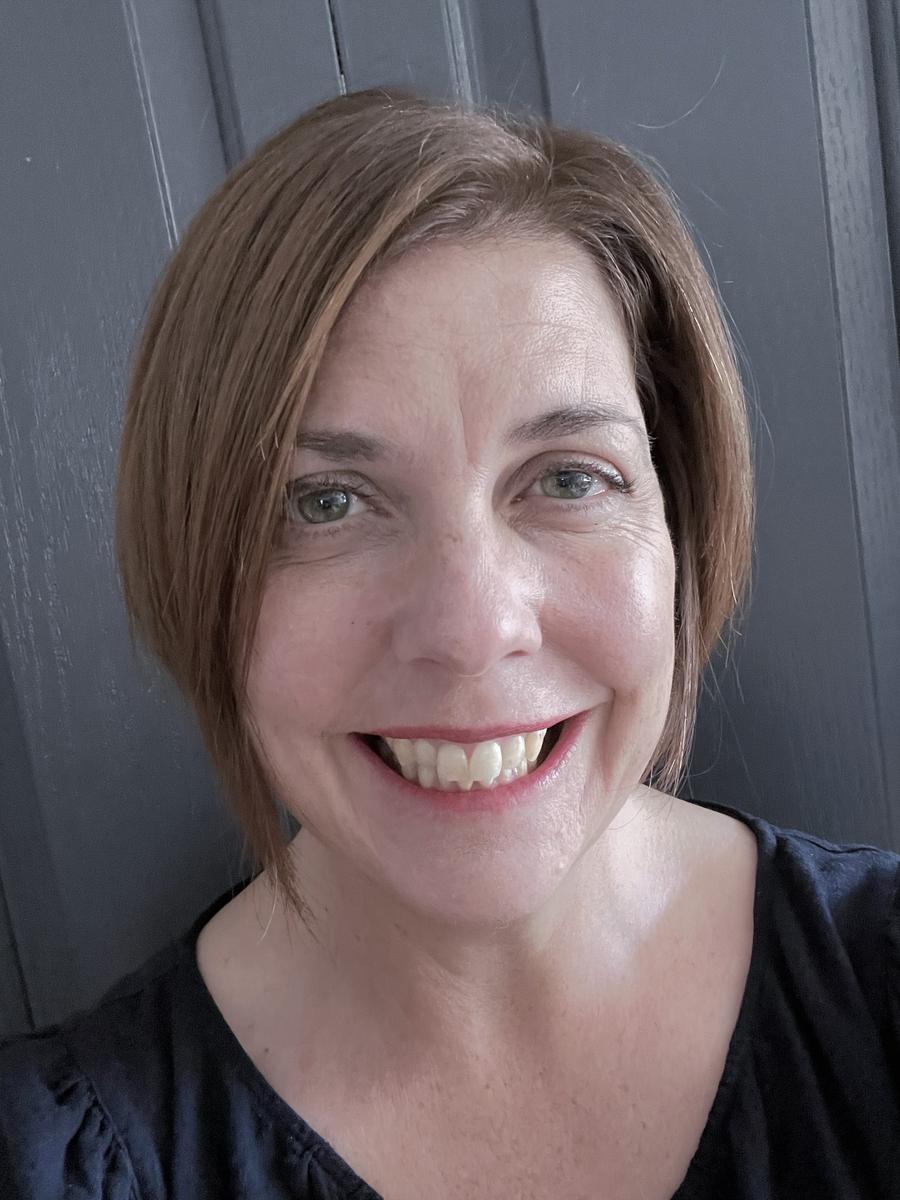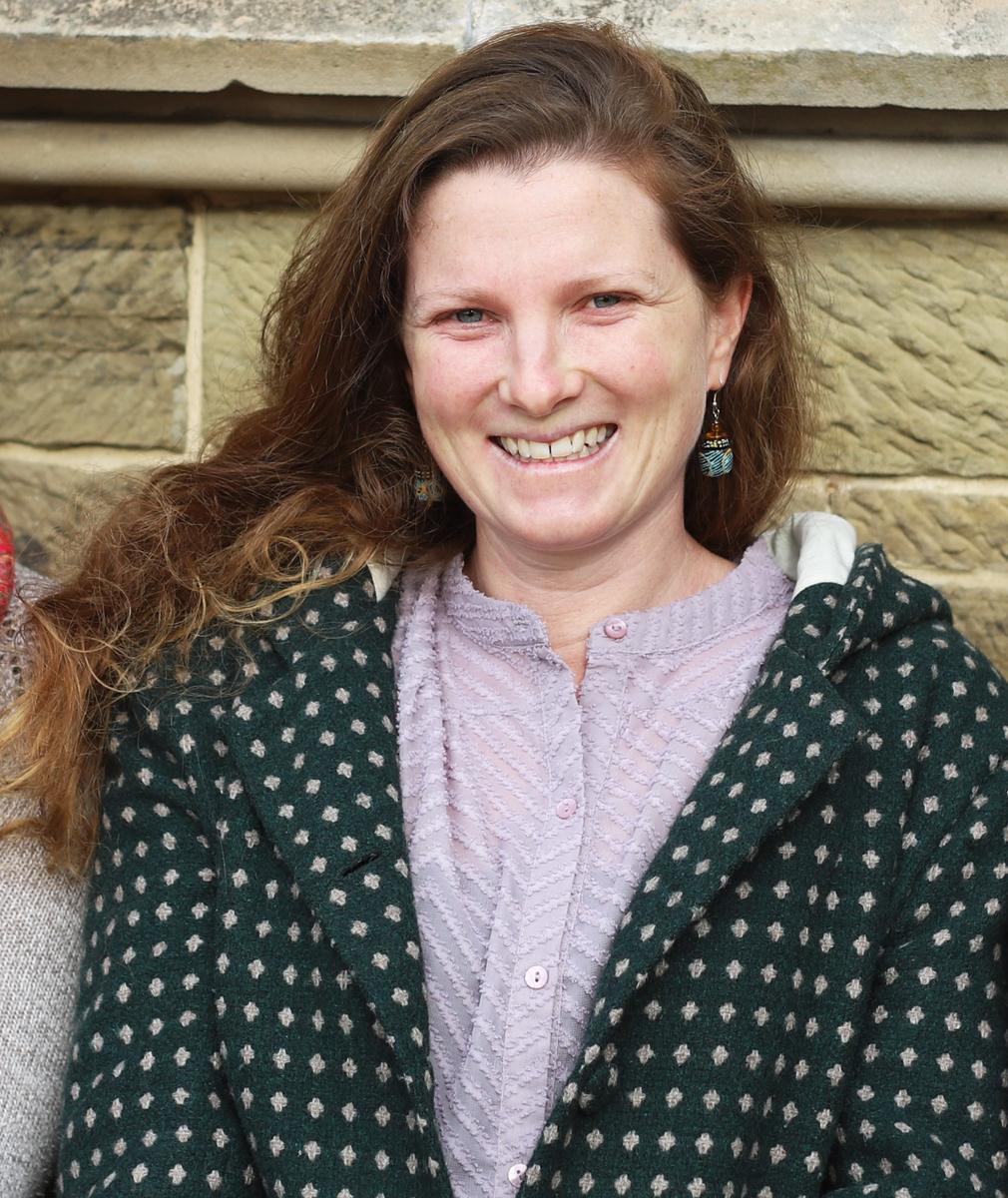Staff Spotlight
Meet Angela Fraser and Claire Raward, English and Humanities Teachers, Senior School

Staff Spotlight
Meet Angela Fraser and Claire Raward, English and Humanities Teachers, Senior School




We excited to announce that St Mary's College Senior School Teachers, Angela Fraser and Claire Raward have been selected to present at the annual Humanities Teachers' State Conference that will take place at Hobart College on Saturday 25 March.
This year's conference theme is 'Our Stories Across Time and Place', with Angela and Claire set to join with fellow Tasmanian educators across the Humanities to share and learn ways to help students recognise the significance of stories.
Read our interview with Angela and Claire below in this fortnight's 'Staff Spotlight'.
Congratulations to you both on your successful application to present at the upcoming Humanities Teachers' State Conference! Can you give us an insight into what your presentations will cover?
Angela:
The 'Heart Stories' presentation is about trauma-informed approaches to the teaching of autobiography and personal essays and provides ways for teachers to help students workshop such pieces to award-winning standards.
Claire:
I am passionate about celebrating the way in which First Nations people relate to the land. The length of time is incomprehensible, especially for First Nations people in Australia - the oldest living people on Earth. To develop an understanding of this relationship with the land, it is helpful to understand unique ways of knowing and worldviews; this is the heart of my presentation.
Storytelling has a long tradition in education because of its benefits in language development and creative thinking. Drawing on your own teaching experience, how is storytelling integral to the Humanities and the English curriculum?
Angela:
Giving students language for interacting with others is critical, and helping students find their ‘voice’, both in writing and in speaking, is necessary to empower them.
Claire:
Storytelling continues to challenge and inspire us to be better people. I am fortunate to spend time with palawa community members who are incredible storytellers. Their stories hold us in the moment, prompt us to think, step out of ourselves for a moment and reconsider how we look at the world around us. This is the goal in teaching in Humanities and English; students are compelled to listen/read, reflect, question and then act with integrity.
As a society, how do you think stories can help us to understand others, ourselves, our past and our future?
Angela:
Without stories we don’t have any real sense of where we’ve been or where we’re going, nor a chance to connect with one another.
Claire:
Consciously or unconsciously, we are always looking for role models, sources of inspiration. A good storyteller will offer you guidance and a sense of purpose. Stories that are examples of tragedy and harm will also inspire us to walk a different path, be informed and seek justice.
In what ways can teachers help students recognise the significance of stories in building the skills to navigate an evolving world?
Angela:
All students have stories to tell or stories they love, but the key is finding or remembering them. Although we live in an exciting time where we’re seeing the development of language generators such as Chat GPT, one of the most important things is listening to our First Nations students. They are our first storytellers.
Claire:
It’s a teacher’s role to relate whatever is happening in the classroom to the world around them – to make it real and relevant. I like to think that I invite my students to step into someone else’s shoes, consider their perspective and how they experience the world around them. I want students to feel a deep sense of compassion towards others and sense of gratitude for who they are as a person and the world that they live in.
How does your own personal story guide your pedagogy and shape your interactions with others?
Angela:
I went to a public high school and there were 80 students in my year group, but fewer than 10 of us walked through the door of a university. There are many pathways to success and uni isn’t for everyone, but there are some significant social barriers that need to be removed for an equitable society. Some would have liked to have pursued higher education, if they had had access to the resources, funds or mentors to show them the path. I guess any leader of English is also aware we are from a state where 50 per cent of the adult population is functionally illiterate. Helping students connect to networks and opportunities, both in class and beyond, is imperative in developing students’ self-belief and giving them the skills they need to succeed.
Claire:
I like to think that I am a worldly person! I have travelled and lived in a range of environments from Ghana to the United Kingdom. These experiences have helped me value diversity, difference and to understand there is no ‘right way’ of knowing and doing things. I also value the importance of listening to the land, a quality that First Nations people have taught me. I will never forget backpacking in Broome and an Aboriginal woman said to me, 'Why are you always walking around with that backpack on? Don’t you want to come home to your people and the land? We think you leave your spirit behind every time you leave your country, so you get lost. Do you feel lost?' It was a golden moment that encouraged me to come home to my family and country in lutruwita and value what we have right here.
In light of the recent International Women's Day, whose stories inspire you?
Angela:
We are spoilt for choice in Tasmania right now - we have so many women writers whose words inform, empower, uplift and entertain … and shine a light on the truth. Heather Rose, Danielle Wood and Meg Bignell are very erudite writers – they are underrated geniuses in my opinion - and their stories, both fiction and non-fiction, are some of my favourites.
Claire:
It is incredible to me that there are women who are oppressed, often violently oppressed, who still leave their homes and walk in protest. This was evident in places such as Pakistan this year. I am also thinking about the fact that 80 per cent of school-aged Afghan girls and women today do not have access to education. I think about all the repercussions of not being able to go to school, the loneliness, the lack of purpose, the wanting to attain goals and not being able to, the lack of ability to earn an income through a profession…
About our staff:
Angela Fraser teaches English Writing and Sociology at the College and is currently Acting Learning Leader of English.
Claire Raward teaches English 3 (11/12 pretertiary English) and Year 10 Humanities and Social Sciences alongside her role as St Mary's College First Nations Facilitator K-12.